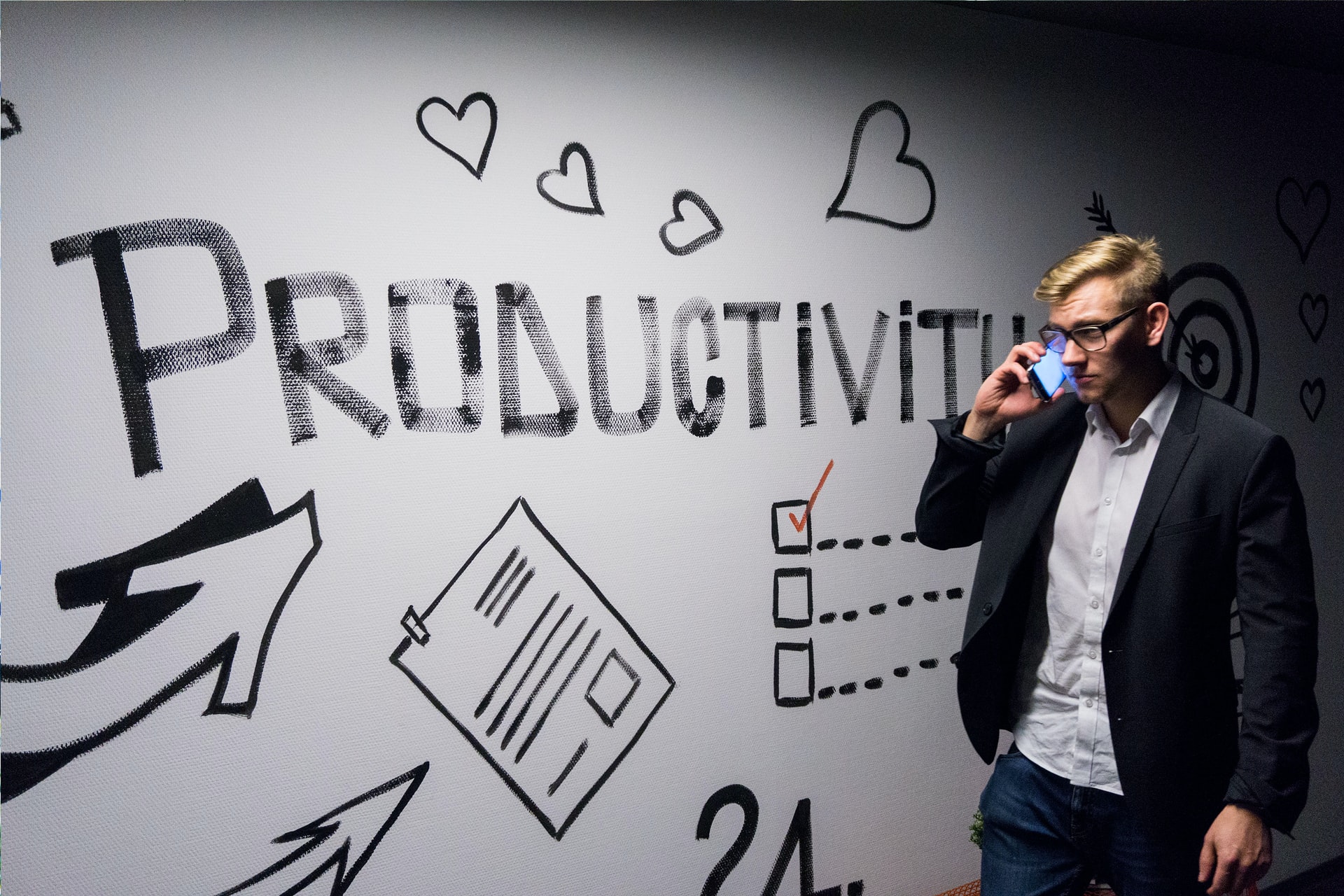
Now that you have convinced people that it is both necessary and in their best interests to return to the office post-covid, you have to make sure you have a plan to ensure productivity. Below are some recommendations to make the return to the office seamless and productive.
Give people time to adjust
People often need time to adjust after returning from a long hiatus. Don’t expect them to jump right back into things and be productive right away. Try to give them some time to ease back into things and don’t put too much pressure on them. This will only make the transition harder, especially if they are still suffering from the effects of COVID-19.
Encourage people to take things slow and to not overwork themselves. This can help ensure that they don’t get overwhelmed and it also gives them a chance to relax a bit.
Try to get a feel for how people feel with a survey
People have been out of the office for a while, and it can be hard to get them back into the groove of office life if you don’t know how they feel or what they want. Start things off with a survey that attempts to get a feel for how people are doing. This will help you better understand what you need to do in order to get them back into the swing of things.
Set some ground rules
People appreciate having some ground rules set for them. It helps them know what is expected of them, and it can make things feel more organized. Come up with a few basic ground rules that everyone needs to follow and post them somewhere where people can see them easily. This will help remind people of what is expected of them when they return to work.
Check-in regularly
Make sure to check in with people on a regular basis. This can help ensure that they are staying on track, and it also gives you an opportunity to provide feedback or assistance if needed. Checking in also helps to create a sense of accountability and lets people know that you are interested in their progress.
It is important to make sure that regular checking doesn’t turn into or feel like micromanagement to people. Try to keep things consistent so that people know what to expect, but also be flexible so that you can adapt to the individual needs of your team.
Organize a team lunch
Getting together for a team lunch is a great way to help people get to know each other better. It can also be a good opportunity for team-building exercises. Not only will this help people feel more comfortable around each other, but it can also help them work better together.
It is also important to be flexible with those who might not feel comfortable participating. Bear in mind that not everyone is comfortable with being in groups, and some people might prefer to take things at their own pace.
Allow for some downtime
It is important to allow people some downtime. This can help them relax and it also gives them a chance to recharge. Downtime can be anything from taking a walk outside to reading a book or taking a nap. It might even mean encouraging people to turn their notifications off during lunch so that they can actually enjoy their break. Just make sure that people are given the opportunity to take some time for themselves.
This doesn’t mean that you have to completely stop all work from happening. There are always things that can be done but try not to overload people with too much work right away. This can lead to frustration and it will likely have a negative impact on their productivity.
Be patient
It is important to be patient with people who are returning from a long hiatus. They likely won’t be as productive as they were before they left and this is okay. Rome wasn’t built in a day and your team won’t be able to get back into the swing of things overnight. Just be patient and give them time to adjust.
Provide support
Many people may feel overwhelmed when they return to work after a long hiatus. Make sure to provide them with the support they need in order to help them feel more comfortable and confident. This could include providing them with a mentor, additional resources, or just a listening ear. Letting people know that you are there for them can make all the difference.
By taking the time to understand how people are feeling and setting some ground rules, you can help make the transition back to work smoother for everyone. By providing support and checking in regularly, you can help ensure that people are productive and on track.
Set good short-term goals
When people return to work after a long hiatus, it is important to set some short-term goals for them. This will help them stay focused, and it also gives them a sense of accomplishment. Make sure the goals are achievable and don’t be too demanding.
This can help ensure that people don’t get discouraged, and it also lets them know that you are supportive and interested in their progress. Goals can be anything from completing a specific task to attending a meeting. Just make sure that they are clear and concise.
Rely on shared targets in order to boost morale
Shared targets can be a great way to boost morale and productivity. When people feel like they are working towards a common goal, it can help them work more efficiently. This is especially true if the target is something that everyone can agree on.
Make sure that the targets are realistic and achievable. If people feel like they are constantly struggling to meet goals, it will only lead to frustration and a lack of productivity. By setting shared targets and providing support, you can help your team get back into the swing of things. By working together, they can achieve great things. Says Craig Anderson, Founder of Express Dentist.
Be flexible when it comes to stress and mental health breaks
If people want to take stress and/or mental health breaks during the day, definitely let them. One of the best ways to kill productivity is to demand people work through mental turmoil. It produces bad work and destroys motivation.
People should be allowed to take a break whenever they feel the need. This could include going for a walk, taking a nap, playing exciting games or just relaxing for a bit. Letting people know that they can take breaks when needed will help them feel more comfortable and relaxed.
It is also important to be flexible when it comes to deadlines. If someone needs an extension on a deadline, try to be understanding. Deadlines are not always realistic, and stressing out people will only lead to negative results. By being flexible and providing support, you can help your team stay productive while still maintaining their mental health.
Conclusion
In summation, there are a few things you can do to help people who are returning from a long hiatus. Be patient, provide support, set short-term goals, and be flexible when it comes to stress and mental health breaks. By following these tips, you can help your team get back into the swing of things and be more productive.

